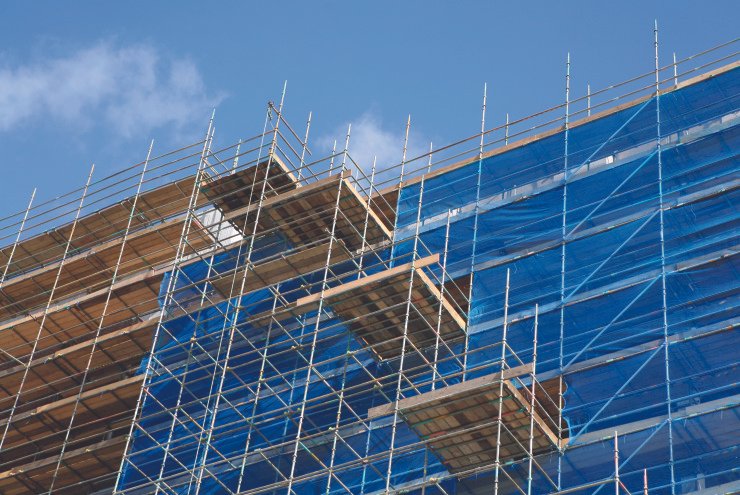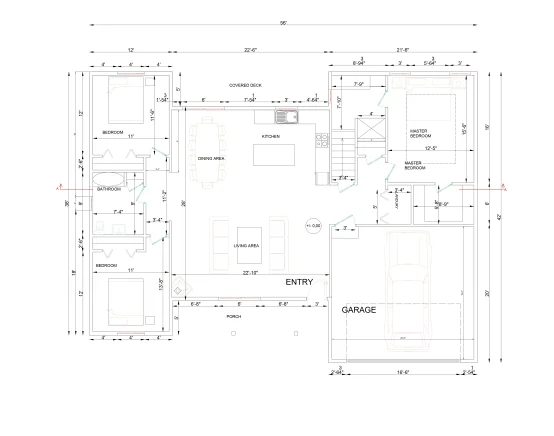Building Permit Type of Construction – What You Need to Know
Introduction
Understanding the building permit type of construction required for your project is essential to ensure that all work is legal, safe, and fully compliant with building codes. Building permits provide the legal authority to complete construction work and help prevent fire hazards, structural failures, and other costly or dangerous errors.
When you understand the different types of permits and their specific requirements, you can streamline the process and reduce risks during any construction project.
If you’re working on a complex development or a zoning-restricted area, you may also need a Conditional Use Permit. This permit directly impacts how quickly the city approves your project.

Construction-site-with-scaffolding
Building Permits
A building permit is an approval issued by the city or government agency that has jurisdiction over a parcel of land. These permits are required for work not covered by sub-trade permits and are essential for many types of building permit type of construction projects.
Examples:
- Interior Alterations: Creating a new doorway in an office building requires a building permit to ensure structural integrity and safety.
Mechanical Permits
Mechanical permits are required for HVAC-related work like heating systems, ductwork, or air conditioning units. These ensure that mechanical installations are safe and comply with local codes.
Examples:
- Restaurant Kitchen Exhaust Hood: Installing a grease exhaust hood in a restaurant kitchen to remove excess heat requires a mechanical permit.
Electrical Permits
Electrical permits are required for any work involving wiring, panels, transformers, or lighting systems. These permits help ensure installations meet all safety and code regulations.
Examples:
- Retail Store Lighting System: Installing a lighting system in a new retail store requires an electrical permit

Plumbing Permits
You need plumbing permits to install or modify systems such as sinks, drains, toilets, or backflow preventers. Proper permits guarantee compliance with plumbing codes.
Examples:
- Hotel Piping System Upgrade: Upgrading a hotel’s plumbing system requires a plumbing permit to ensure code compliance and safety.
Racking Permits
Most jurisdictions require racking permits before you install high shelving systems—typically over 5’9”—especially in seismic zones. They ensure the structure is stable and safe.
Examples:
- Warehouse Shelving: High racking for a clothing store, electronics distributor, or grocery warehouse requires this type of permit.
Conclusion
Choosing the correct building permit type of construction is a critical first step in any successful construction project. These permits ensure that all work meets safety standards, legal requirements, and building codes.
Whether you’re dealing with electrical upgrades, plumbing work, or structural modifications, the right permit will keep your project on track and avoid costly delays.
Want to know how past permits or building records could affect your current application? Read our article on Record Research and Why It Matters.
Additional Resources
Leave Your Comment